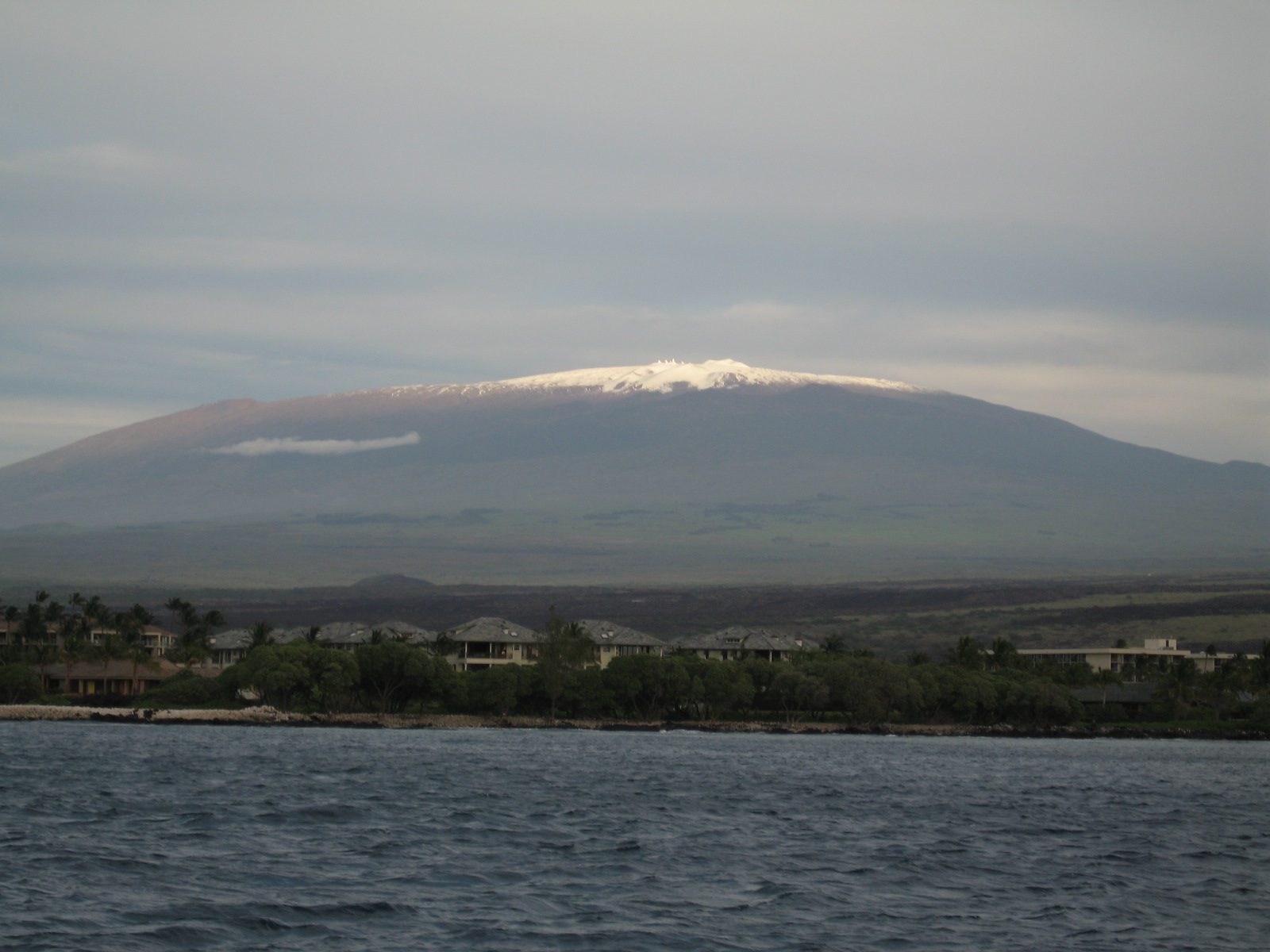Hula is not a universal spiritual practice. It belongs to Hawaiian people and this ‘āina. Even beginning hula students know that hula recounts and honors the reciprocal and familial relations Kānaka Maoli share with this archipelago and its inhabitants–the plants, animals, ancestors, natural energies, and land. Hula practitioners know that Mauna Kea is a sacred dwelling place of akua, a beautifully unique ecosystem, and a living ancestor of Kānaka Maoli.
Read moreOP-ED: LGBTQIA+ Settlers: Pride is the Time to Stand Up for Mauna Kea
This month marks the 50th anniversary of the Stonewall Riots, a foundational moment for the LGBTQIA+ liberation movement. New York City’s multiracial LGBTQIA+ community rioted against police brutality in response to a late-night raid of the Stonewall Inn. Half a century later, it is important for us to remember the angry, political, and disruptive roots of the LGBTQIA+ movement. While trans and gender non-conforming (GNC) people of color have always been instrumental in the alliances that powered the Stonewall Riots and the many decades of activism since, these same members of our communities today are at much higher risk of violence than their white and cisgender contemporaries. As Black lesbian feminist Audre Lorde wrote, “I am not free while any woman is unfree, even when her shackles are very different from my own.” We, the LGBTQIA+ community, must resist oppression in all forms, including colonialism.
For queer settlers in Hawaiʻi, Pride is the time to practice the solidarity that was the founding principle of our movement. On October 30th, 2018, news broke that The Hawaiʻi State Supreme Court ruled in favor of continued construction of the Thirty Meter Telescope (TMT) on Mauna Kea, despite intense resistance and outcry by the Kanaka Maoli community and allies. Earlier that day, University of Hawaiʻi (UH) President David Lassner sent a system-wide email calling for a renewed “climate of aloha” at UH which centered on civility, tolerance, and kindness. This email was veiled as a response to the rapid spread of violent political rhetorics across the United States, and the deliberate erasure of trans and GNC identities by the Trump administration.
As queer settlers, we (the authors) were and continue to be furious that Lassner would co-opt the struggles faced by the trans community to veil the UH administration’s active silencing of Kanaka Maoli voices and erasure of Kanaka Maoli bodies. As those of us who are trans and GNC are well aware, the UH system isn’t a trans-safe environment. The system also repeatedly fails in its mission as a Native Hawaiian-serving institution, or even to serve as a safe space for Kanaka Maoli and other Indigenous peoples. It was hard to miss the hypocrisy of calling for a watered-down version of “aloha” while the UH administration violently pushed forward with the construction of the TMT. Lassner serves only the wallet of UH by co-opting and distorting aloha as a synonym for passive civility.
Read moreALLEN M. PRICE | The Unintended Consequences of Haitian Reparation
In the face of the fact that Haiti still lives, after being boycotted by all the Christian world; in the face of the fact of her known progress within the last twenty years; in the face of the fact that she has attached herself to the car of the world's civilization, I will not, I cannot believe that her star is to go out in darkness, but I will rather believe that whatever may happen of peace or war Haiti will remain in the firmament of nations, and, like the star of the north, will shine on and shine on forever.
Frederick Douglass, “Lecture on Haiti,” 1893
In 1804, from the city of Gonaïve, after a thirteen-year battle, African slaves of the French colony Saint-Domingue emancipated themselves, eliminated slavery from the island, and founded the Haitian republic. Haiti became the first black-led republic in the world, the only country ever to be born from a slave revolt, and the first independent country in Latin America. The Haitian Revolution and the American Revolution were the only two rebellions in the New World to achieve permanent independence. While the United States prospered from its continued enslavement of blacks and went on to become the richest country in the world, Haiti lost its title as the wealthiest and most prosperous of any country in the Caribbean when it “shackled” itself to France’s ankles through reparation to become the poorest country in the Western Hemisphere.
In the face of the fact that Haiti still lives, after being boycotted by all the Christian world; in the face of the fact of her known progress within the last twenty years; in the face of the fact that she has attached herself to the car of the world's civilization, I will not, I cannot believe that her star is to go out in darkness, but I will rather believe that whatever may happen of peace or war Haiti will remain in the firmament of nations, and, like the star of the north, will shine on and shine on forever.
Frederick Douglass, “Lecture on Haiti,” 1893
In 1804, from the city of Gonaïve, after a thirteen-year battle, African slaves of the French colony Saint-Domingue emancipated themselves, eliminated slavery from the island, and founded the Haitian republic. Haiti became the first black-led republic in the world, the only country ever to be born from a slave revolt, and the first independent country in Latin America. The Haitian Revolution and the American Revolution were the only two rebellions in the New World to achieve permanent independence. While the United States prospered from its continued enslavement of blacks and went on to become the richest country in the world, Haiti lost its title as the wealthiest and most prosperous of any country in the Caribbean when it “shackled” itself to France’s ankles through reparation to become the poorest country in the Western Hemisphere.
Read moreALLEN M. PRICE | The Unintended Consequences of Haitian Humanitarianism
On January 1, 1804, from the city of Gonaïve, newly freed African slaves of the French colony Saint-Domingue founded the new nation of Haiti. Haiti was the first black-led republic in the world, the only country ever to be born from a slave revolt, and the first independent country in Latin America. Former slaves of the island modified the spelling of the original name, Ayiti, meaning “home or mother of the earth” in the Taino-Arawak Native American language, and “sacred earth or homeland” in the Fon African language, in order to symbolize a new era, and breakaway from the period of slavery. But Haiti agreed to make reparations to French slaveholders in the amount of 150 million francs in exchange for international recognition.
When the slaves were fighting for freedom and independence, it is safe to say that not one of them could have envisioned such an unexpected consequence resulting. But reparation became just that: an unanticipated consequence that indemnity bankrupted the newly-founded country. This unanticipated consequence of freedom took more than a century to pay, well into the 1950s, and bled away Haiti’s resources for economic development. The burden of such a heavy financial obligation left the people of Haiti, a country in financial balance, no chance of any sort of common financial future. It begs the question why? Why did the Haitians cave to the demands of France? They had just defeated one of the strongest, richest countries in the world. They had freed themselves from slavery, and established a new country. They had the skills and the equipment to produce some of the world’s most sought after commodities, commodities that had made France so rich and so powerful. So why?
Read more


